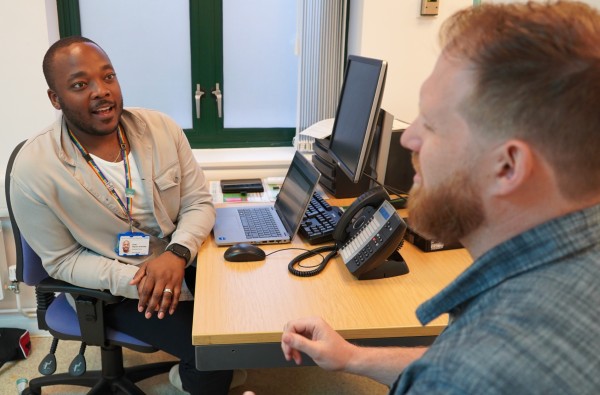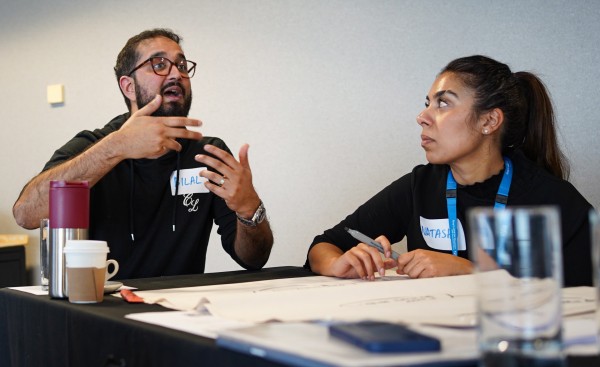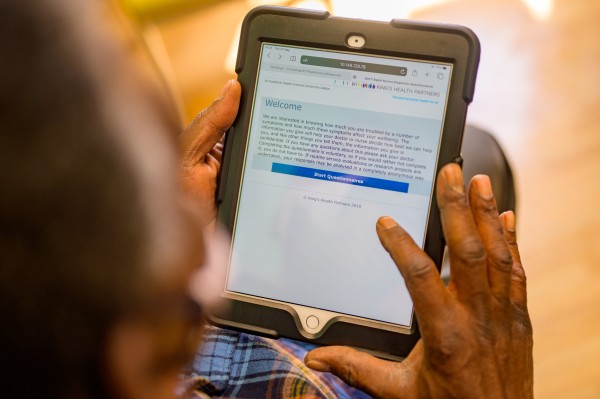The Mind & Body Programme is committed to engaging staff, patients, service users, their families and carers, and the wider communities we serve in the development and implementation of our work.
Patient and public engagement goes beyond communicating information, it is a continuous process of working together to design, develop and deliver, high quality integrated care in a way that best meets the needs of people accessing and delivering services.
Our core aim for engagement is to ensure that local people with lived experience of both mental and physical health issues or those involved in their care are actively engaged in the development and implementation of health and care services related to the work of the Mind & Body Programme. Our approach to engaging people is underpinned by the values of co-production, collaborative working, responsive and transparent dialogue, openness and inclusivity.
We seek engagement in:
- our governance and assurance processes,
- in setting the strategic direction for the Programme,
- in designing how we should proceed with Programme implementation,
- and in the business-as-usual caring activities of our partner organisations to better understand and shape what integrated mind and body care looks and feels like for staff, patients, service users, carers and families.
We do this through:
- wider staff, patient and public engagement events
- collaborating with existing initiatives
Here is a collection of stories from some of the patients and service users that we work with:
- Penny’s story: Penny shares how the RE-EDIT tool Compass helped her recognise the importance of her own mental wellbeing after beating breast cancer.
- Recovering my mental health after cancer: Billie blogs about being diagnosed with blood cancer, the impact on her mental health and why joined up mind & body care is so important.
- Watch Shawn’s video about using the 3 Dimensions for Long Term Conditions Service.
- Watch Fiona talk about her experience of IMPARTS (the Integrating Mental & Physical healthcare: Research, Training & Services).






